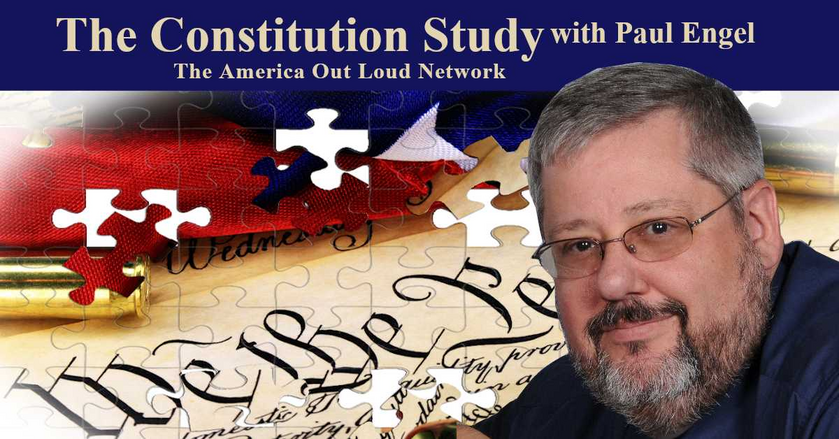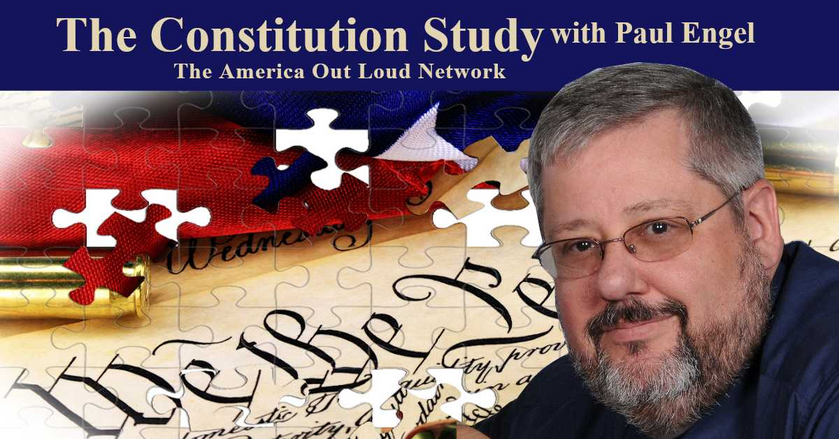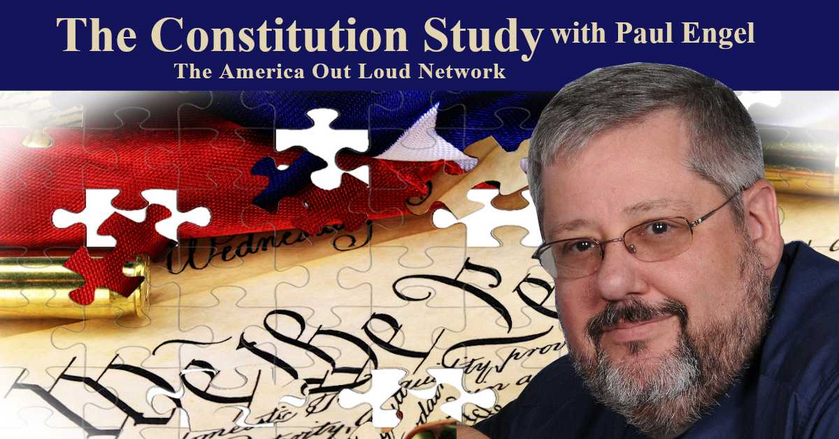
Do any of you remember the phrase “Stranger Danger!”?
I’m a little old to have learned the rhyme in school, but I remember being taught by my parents things like don’t take candy from a stranger, don’t get in a car with a stranger, and always telling my parents where I was going to be. Of course, there were a few exceptions.
I was told I could trust a police officer, and of course, we all accepted candy from strangers on Halloween, although my parents always went through it before my sister and I was allowed to eat any. It wasn’t a perfect system, but the idea of being a little suspicious of strangers and looking to our parents for who to trust helped protect untold numbers of small children from abduction and abuse.
This is why the phrase “Stranger Danger!” has been coming to mind lately.
Look at what our children are being taught today, to let strangers tell them who they are and what they should do, and of course, to keep it secret from their parents. Isn’t that the exact modus-operandi of the child molester? Approach the child, entice the child, separate the child from their parents, then use the child for their own purposes.
Now consider how government organizations, the very entities we created to protect our rights, are not only assisting the child molesters but, in many cases, are themselves the child molesters. While the phrase “Stranger Danger!” has fallen out of fashion, perhaps it is time to consider reviving it. After all, when teachers, school administrators, government officials, activists, and courts are offering our children the “candy” of acceptance, to take them for “treatment,” and to go away without telling their parents, it certainly seems our children are in danger from these strangers.
I think it’s time we teach our children that when ANYONE talks to them about their private parts outside of their parent’s permission, it’s time to yell “STRANGER DANGER!!!” and run for their parents. That may just save them from the latest wave of child molesters.
https://www.americaoutloud.com/stranger-danger/
Who is in charge of your children? That has been a perennial question that has grown in importance over the last few years. When I was a child, it was understood that, with rare exceptions, parents were in charge of a child’s upbringing. This included medical, religious, and educational decisions. However, over the last few decades, the role of the parent in these decisions has been replaced by experts. What happens when the goal of the experts differs from those of the parents? Who decides the future of the rising generations? It was understood that the state acted in loco parentis, in place of the parents, only for the safety of the child. A recent case in U.S. District Court shows that be it health departments, child services, schools, or even the courts. Government not only believes they know better than the parents, they are more than willing to act in loco parentis tyrannis.
https://constitutionstudy.com/?p=8897
With the release of ChatGPT and other artificial intelligence (AI) applications, there has been a lot of speculation and downright assertions about our future. With over 30 years of experience in Information Technology (IT), not more than a passing understanding of AIs, I've come to the conclusion that much of what I've heard is more science fiction than fact. A recent court case decided in the D.C. District Court revolved around one very important question. Do AIs have rights?
In this third installment of the three-part series on the branches of government, we look at the role of the third and weakest branch. At least that is what our Founding Fathers thought of it. What is the role of the federal judiciary? What are the extent of their powers, how do they related to the other two branches of government, and why is a proper understanding of the role of the judiciary critical if the United States is to remain a constitutional republic?
https://constitutionstudy.com/?p=8575
“hell hath no fury like a woman scorned.” I guess that is one reason why Susan Rice made the comments she did. But what she said seems much more like “payback is a …”. - Live 4PM ET with Host Paul Engel @CyberEngel @OutLoudNews
LIVE https://buff.ly/w6h7Ul0
iHEART RADIO http://bit.ly/2mBrCxE

While expected, the recently released SCOTUS decision about President Trump’s tariffs has led to a lot of agitation and arguments over the last few days. Let’s take a look at the decision and see what cooler heads can find. - Live 4PM ET with Host Paul Engel @CyberEngel @OutLoudNews
LIVE https://buff.ly/w6h7Ul0
iHEART RADIO http://bit.ly/2mBrCxE

In the Harry Potter books, there was a villain who shall not be named. Today it seems there is a truth so obvious a blind man can see it, but for some reason, it shall not be named when it counts. - Live 4PM ET with Host Paul Engel @CyberEngel @OutLoudNews
LIVE https://buff.ly/w6h7Ul0
iHEART RADIO http://bit.ly/2mBrCxE














